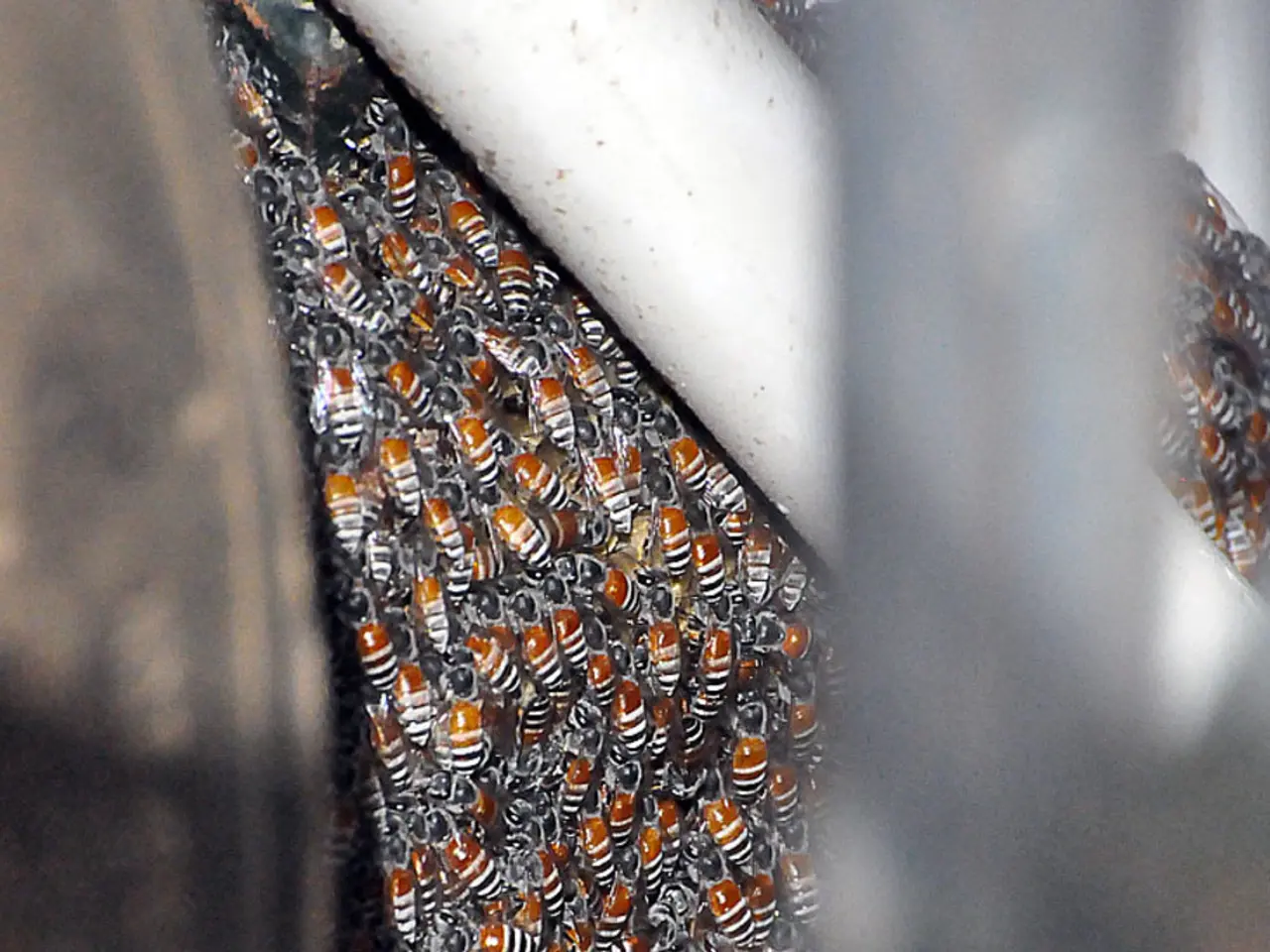Gathering Number Two for the Honey Platform
The European Commission held its second meeting of the Honey Platform on May 7, 2025, with representatives from various stakeholders, including our website, in attendance. The meeting focused on key aspects related to honey standards, including enzymatic activity, pollen content criteria, traceability systems, and filtration standards.
Dr. Urška Ratajc, Head of the Scientific Committees, represented our website at the meeting, where she shared insights on these critical issues. The detailed proposal prepared by the Scientific Committee on Safety and Quality of Bee Products, which addresses these topics, was adopted and confirmed by the Executive Board and subsequently submitted to the Commission.
During the meeting, a lengthy discussion was held on honey filtration and the minimum mesh size of filters/strainers necessary to preserve the pollen spectrum in honey. There was general agreement that any filtration altering the primary natural components of honey should not be permitted, and the resulting product should not be called "honey."
Regarding enzymatic activity, levels of diastase are a critical quality and authenticity parameter monitored to ensure honey has not been heat-treated excessively or adulterated. While no direct updates from the Honey Platform or the Committee were cited during the meeting, enzymatic criteria typically remain a standard in honey quality controls to guarantee nourishment and authenticity.
Pollen content is essential for botanical origin authentication and traceability. The ongoing discussion likely involves refining pollen thresholds to better detect adulteration or over-filtration that removes key pollen markers. Traceability in honey is increasingly important to combat fraud and ensure supply chain transparency. Discussions often focus on digital tracking and certification schemes to verify honey authenticity from hive to shelf.
The next meeting of the Honey Platform is scheduled for mid-November 2025. While consensus on certain details has yet to be reached before final decisions can be made regarding honey filtration, the general landscape indicates that these topics remain focal in ongoing discussions to enhance honey quality, authenticity, and regulatory compliance. Committees focus on maintaining enzymatic activity levels, pollen content as a signature of origin, establishing robust traceability systems, and setting filtration standards that preserve honey’s natural integrity and consumer trust.
For the very latest official decisions or position papers from these bodies, checking their latest published reports or official communications is recommended, as the search results do not supply those specifics.
In light of the discussion, it's important for the Commission to consider the implications of fitness-and-exercise and health-and-wellness whenever setting filtration standards, as preserving honey's natural pollen spectrum is crucial for its nutritional benefits. The Scientific Committee could also explore therapies-and-treatments that might help in maintaining enzymatic activity in honey, ensuring it remains a nourishing and authentic food source.




